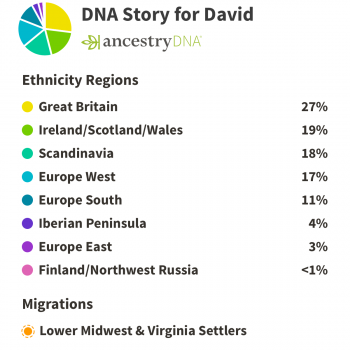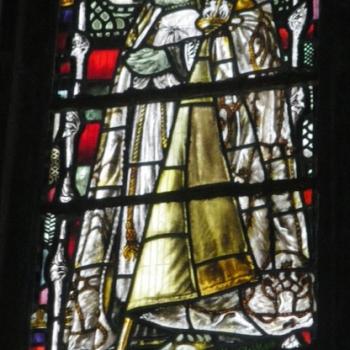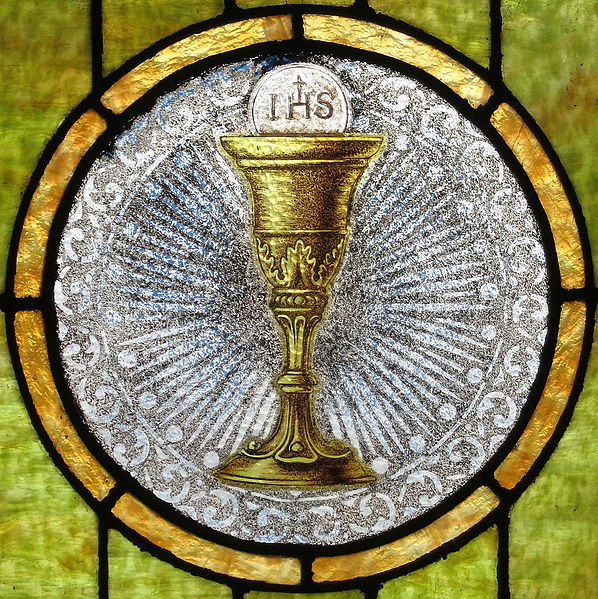Hart’s point is that theists, and not simply Christians, do not believe God to be a “discrete object.” Hart goes on to argue that this distinction isn’t simply between monotheist and polytheist faiths. Hart is more than willing to accept the possibility of other existing things which are designated gods. What’s more, Hart lambasts atheist witticism such as, “I don’t believe in God anymore than I believe in fairies at the bottom of my garden,” or “We no longer worship Zeus or Thor, we simply worship one god less.” Instead, Hart writes:
Beliefs regarding fairies concern a certain kind of object that may or may not exist within the world, and such beliefs have much the same sort of intentional and rational shape as beliefs regarding the neighbors over the hill or whether there are such things as black swans. Beliefs regarding God concern the source and end of all reality, the unity and existence of every particular thing and of the totality of all things, the ground of the possibility of anything at all. Fairies and gods, if they exist, occupy something of the same conceptual space as organic cells, photons, and the force of gravity, and so the sciences might perhaps have something to say about them, if a proper medium for investigating them could be found. (Emphasis mine)
When Christians, and most theists, talk about God we are not talking about some discreet being among beings. God is not an object that exists within the created cosmos, not by our definition. He is the source of created reality, he is true reality. I am unequivocally not asking you to believe this. I hope some day you will, but that is not my purpose in this post. This post is not evangelistic; it is not apologetic. I am not giving a defense of my faith in the true Being who is also beyond being. I am not giving proofs of God’s existence. Today, and in truth most of the time, I have no interest in this. All I am trying to do is help provide the foundation for proper dialogue and debate. If you want to debate theologians, priests, pastors, lay Christians about their faith, please do so. But do so honorably by using words in the same way we use them. Christians believe God does not exist as a discreet object within the universe, rather we believe he is the Ground of Being, this by the way makes him the ground of all that is good, true, and beautiful, but that’s a discussion for another day. If you want to debate us on the existence of God at least recognize that when we talk about God we absolutely don’t mean someone like Zeus. Within Greek mythology, Zeus is not the ground of all being; within Norse mythology Odin is not the source of all reality. The God of Christianity (and Judaism, Islam, and other faiths) is different from Zeus and Odin within our own system of belief(s). You don’t have to believe it, but if you want argue against Christianity and not some straw-man you’ve created this is the definition of God you need to argue against. So, atheists, non-theists, and agnostics, I urge you to accept the classical theist definition of God as the definition against which you will argue. To do anything less is to be intellectually dishonest and is not worthy of you.
Sincerely,
David












